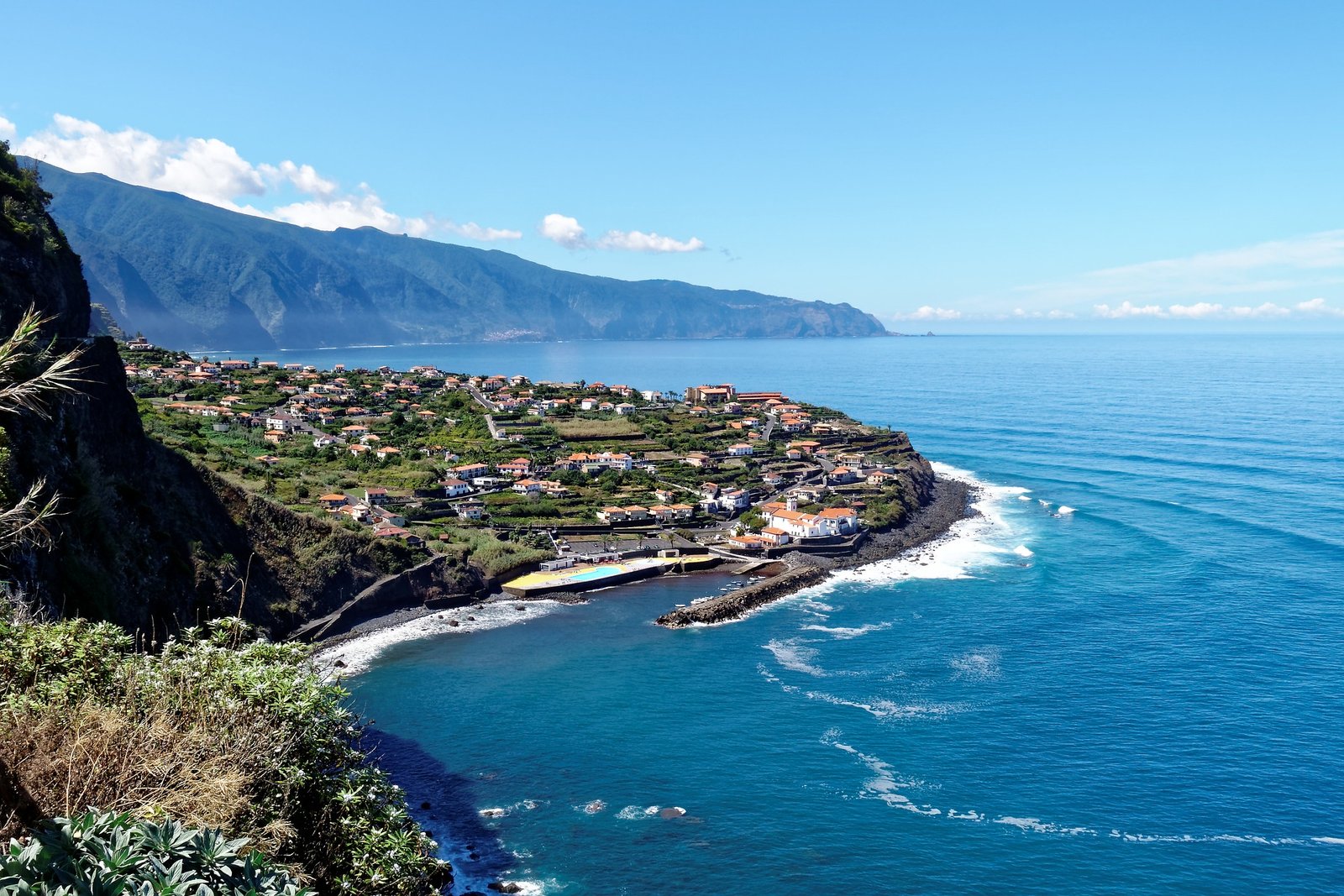When visiting any country, it’s helpful to understand a few key words in the native language. For your next trip to Portugal, we’ve put together some basics about how to learn Portuguese, and a few key phrases to get you started.
Let’s learn some points about Portuguese
Portuguese is not Spanish!
Though the two languages may look similar, this is only because of their shared Latin roots. While Spanish speakers may be able to read some Portuguese, and vice versa, the two languages sound quite different when spoken. Portuguese also draws a lot of influence from Arabic, including words like bottle (garrafa) and carrot (cenoura). Some Celtic dialects also influenced the Portuguese language.
The closest language to Portuguese is actually Galician.
Galician comes from a region in Northern Spain, and is another one of the major influences on the creation of the Portuguese language. In fact, the two languages used to be one language, called “Galician-Portuguese.”
9 countries have Portuguese as their official language.
Although it may seem like Portuguese is only spoken in Portugal and Brazil, this is not the case. Portuguese is the official language of Mozambique, Angola, Guinea-Bissau, Timor-Leste, Equatorial Guinea, Cape Verde, and São Tomé and Principe.
Portuguese is the sixth most commonly spoken native language in the world, and the third most common in Europe.

The biggest concentrations of Portuguese speakers in the United States are in Massachusetts and Rhode Island.
If you want to practice your Portuguese without leaving the US, you should check out Massachusetts, where over a million people speak Portuguese. This makes it the second most widely spoken language in the state, after English. Rhode Island also has a dense population of Portuguese speakers, especially in the Eastern half of the state.
Is it difficult to learn Portuguese?
Fortunately, Portuguese is a fairly simple language to learn. Though the grammatical structure is different from English, it is easy to understand. Once you learn the rules, Portuguese is easy to understand. If you know another Romance language, such as Spanish or French, it will be even easier for you to pick up Portuguese!

How long does it take to learn Portuguese?
Like any language, learning to speak Portuguese will take a lot of time and effort. Expect to commit between three and six months to learning the language, depending on your pace and expected level of fluency.
Why is it important to learn Portuguese?
If you plan on travelling to Portugal, it will be important for you to brush up on a few Portuguese basics. This will make your trip a lot easier, since not every Portuguese person speaks English. In addition, any additional languages are great skills to have in life. You never know when it might help to speak another language. Learning Portuguese will also help you learn other Romance languages in the future.
Should I learn Brazilian or European Portuguese?
Brazilian Portuguese is often easier for first-time language learners to understand. However, for a trip to Portugal, you will definitely want to know European Portuguese! While Portuguese people will likely understand Brazilian Portuguese, there are a few grammatical differences that may trip you up.
Can a Portuguese person understand Spanish?
Not necessarily. While Spanish is closer to Portuguese than English is, not every Portuguese person will understand if you speak Spanish. There are enough differences in words that certain phrases will not translate easily.
Important words and phrases:
Hello: Olá
Goodbye: Adeus
Good morning: Bom dia
Good evening/night: Boa noite
Please: Por Favor
Thank You: Obrigado(a)
**Note that Obrigado is used by male speakers, while obrigada is used by female speakers. It’s not about the gender of the person you’re talking to**.
You’re welcome: De nada
I’m sorry: Desculpe
Do you speak English?: Fala inglês?

“Tu” or “você”?
English people might refer to everyone as “you” but in Portuguese (as in many other languages), there’s a different word for “you” depending on whether you’re using it formally (“você”) or informally (“tu”). Does this mean the verbs change too? Yes, it does.
The “little” ending
One thing you’ll notice as soon as you arrive in Portugal and start listening to Portuguese all day long is the “inho” or “inha” at the end of a word.
“Um bocadinho” is one of the most Portuguese expressions you’ll hear. “Bocadinho” comes from “bocado” (bit) and it means “little bit”. There’s no equivalent for this “inho” in English, which is a shame. It is the Portuguese’s favourite way to say something is cute.
Another time you may hear this form of speech used is as part of the “Thank You” we mentioned before. “Obrigadinha,” which literally means “little thanks” is sometimes used by adults speaking kindly to young children. If an adult uses it with another adult it could come across as either patronizing or flirtatious, depending on the tone!
Saudade
Saudade is one word that exists only in Portuguese. It’s impossible to find a literal translation for this word. It’s basically what you feel when you miss someone or something – a feeling of longing, and a feeling captured by Portuguese fado music.

When we were on Terceira(Açores) a young lady told me that women say Obrigada but men use Obrigado to thank men and Obrigada to thank women. Is this correct?
Hello Maurice,
That’s not correct. Obrigado is used by male speakers, while obrigada is used by female speakers in all ways.
I have been learning Portuguese since September. I am a native English speaker who has leant French in the past. Reading Portuguese is relatively straightforward to learn. However speaking and listening is very hard! I have found the pronunciation is very difficult . However i am really enjoying learning and i am keen to progress. It is very worthwhile.